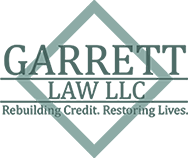If you owe student loans, you are not alone. The amount of student loan debt in the United States is the second biggest source of personal debt. Student loan debt has surpassed credit card debt and auto loans, and is second only to home mortgages, in the total amount owed by American households. We commonly see clients with heavy student loan debt and idea how to address it.
Although there has been a lot of talk in the news lately about how to provide relief for borrowers, the options are currently limited. We hope that overt the next few years Congress will establish a policy that makes sense for both the borrower and the lender. In the meantime, bankruptcy provides a limited ability to discharge certain student loans. Bankruptcy can also be part of a two-stage process of discharging your other debt first, and tackling your student loan debt after your discharge.
Hardship discharge through bankruptcy: Generally, bankruptcy does not allow for forgiveness of most student loans. This applies to both federal and private student loans. There are a few exceptions, however. If any of the following apply to you, then it may be worth your time to talk to a bankruptcy attorney in more detail about your options:
- You have suffered a hardship, such as permanent disability, where it is unlikely that you will ever be able to pay your student loans.
- You went to a college that is not a Title IV institution. For example, truck driving school.
- The debt was incurred to pay something other than educational expenses.
- The debt was incurred for the education of someone besides yourself, your spouse, or your dependents.
Discharge of other debts, to provide funds to pay on the student loans: Although it is unlikely that bankruptcy will result in a discharge of your student loan obligations, bankruptcy may still help you with your student loans in the long run. Discharging your other debts in a Chapter 7 bankruptcy may free up money in your budget to help you tackle your student loan obligations, possibly saving you thousands of dollars in interest. Alternatively, a Chapter 13 Bankruptcy would allow you to defer student loan payments for up to five years so you can focus on paying off certain debts, such as taxes, deficiencies on a home mortgage, or auto loans, without the additional pressure of the student loan payments. We invite you to contact Garrett Law LLC to discuss your bankruptcy options.
Outside of bankruptcy, the government provides many payment options for federal student loans. Click here for more information about how to reduce your payments based on your income and your ability to pay. Click here for important information about consolidating your loans. We also encourage you to contact an agency such as Housing and Credit Counseling, Incorporated, to review your options with a professional counselor.
Unfortunately, if you have private student loans you are bound by the contract you signed and the lender's policies. However, do not let that keep you from contacting us. You want to be aware of all your options before setting out your Plan for financial recovery.

